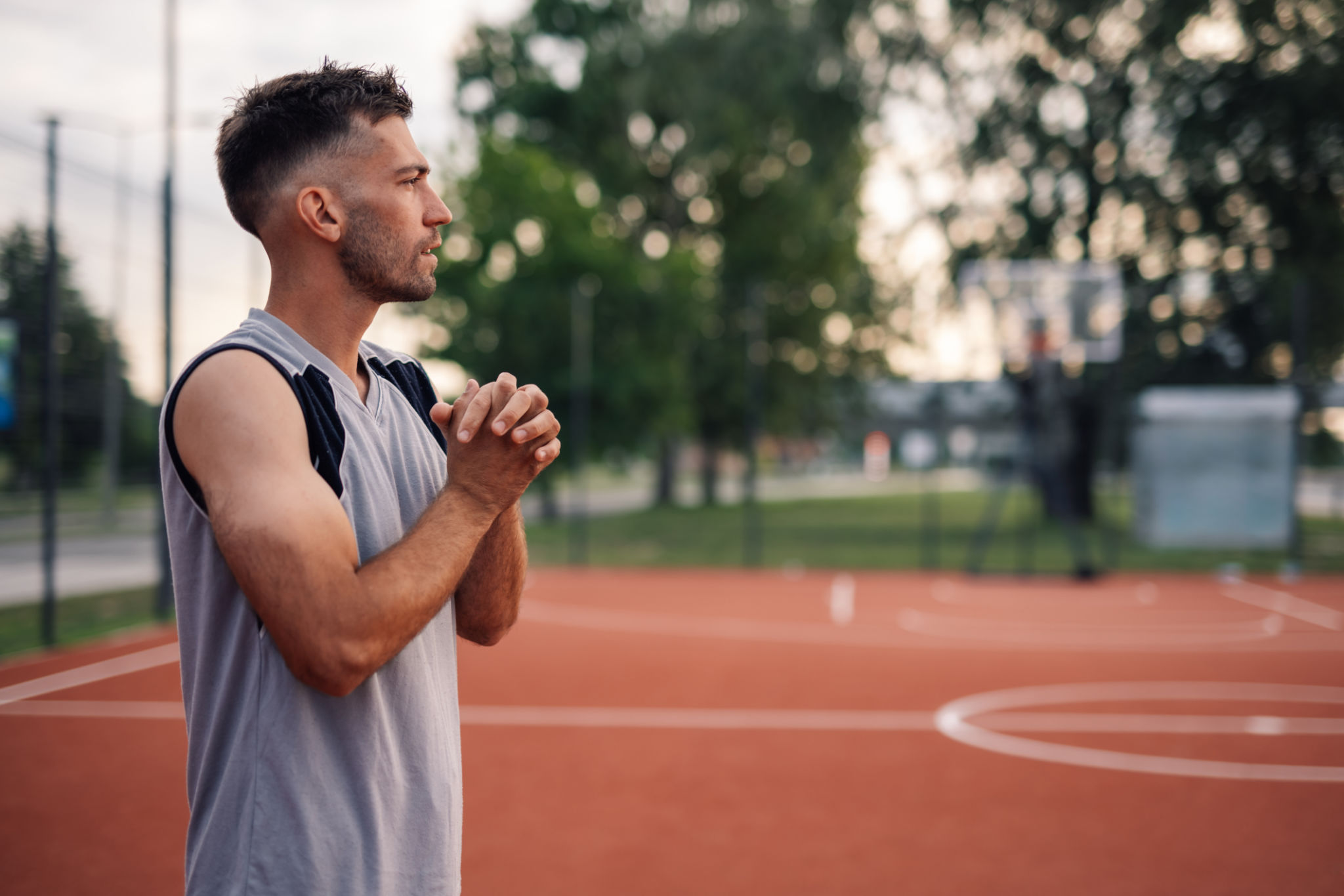Success Stories: Athletes Who Transformed Their Game with Sport Psychology
The Power of Sport Psychology
Sport psychology has transformed the way athletes approach their game, enabling them to harness the power of the mind to achieve peak performance. This branch of psychology focuses on the mental and emotional aspects that influence an athlete's performance, providing tools to enhance focus, resilience, and confidence. Many athletes have credited sport psychology for significant improvements in their game, illustrating its profound impact on sports performance.
From pre-game nerves to in-game distractions, athletes face a myriad of mental challenges. Sport psychology helps them overcome these hurdles by developing strategies tailored to their unique needs. By understanding how the mind works under pressure, athletes can turn potential weaknesses into strengths.

Case Study: Michael Phelps
Consider the legendary swimmer Michael Phelps, who is often cited as a prime example of an athlete who benefited immensely from sport psychology. Phelps worked closely with a sport psychologist to develop visualization techniques that allowed him to mentally rehearse his races. This practice not only improved his focus but also helped him remain calm and composed during competitions.
Visualization is a powerful tool in sport psychology, enabling athletes to picture success and prepare for any scenario they might face. For Phelps, visualizing each stroke and turn helped him execute his races with precision, ultimately contributing to his record-breaking success.
Turning Adversity into Triumph
Another inspiring story comes from tennis champion Serena Williams. After overcoming health challenges and personal setbacks, Williams turned to sport psychology to regain her competitive edge. Techniques such as goal-setting and self-talk proved invaluable in rebuilding her confidence and mindset.

Goal-setting allows athletes to break down their objectives into manageable steps, fostering a sense of accomplishment and motivation. For Williams, setting realistic and achievable goals helped her focus on progress rather than pressure, paving the way for her triumphant return to form.
The Role of Mindfulness
Mindfulness is another cornerstone of sport psychology that has gained popularity among athletes. It involves staying present in the moment and maintaining a non-judgmental awareness of thoughts and feelings. This practice has been particularly beneficial for athletes like Kobe Bryant, who used mindfulness to enhance his concentration and performance on the basketball court.
By incorporating mindfulness into their routines, athletes can reduce anxiety and improve their emotional regulation. This not only enhances performance but also contributes to overall well-being, allowing athletes to enjoy their sport more fully.

Building Mental Toughness
Mental toughness is a key attribute that sets successful athletes apart from their peers. Sport psychology provides tools to build this resilience, enabling athletes to perform under pressure and bounce back from setbacks. Techniques such as cognitive restructuring and positive reinforcement are commonly used to enhance mental toughness.
For many athletes, building mental toughness involves changing negative thought patterns and replacing them with positive affirmations. This shift in mindset can lead to improved confidence and a greater ability to handle adversity, ultimately transforming an athlete's game.
Conclusion: The Future of Sport Psychology
As sport psychology continues to evolve, its impact on the world of sports is undeniable. With more athletes recognizing the importance of mental training, the field is poised for further growth and innovation. By integrating sport psychology into their training regimens, athletes can unlock new levels of performance and achieve their full potential.
The success stories of athletes like Michael Phelps, Serena Williams, and Kobe Bryant serve as powerful reminders of what can be achieved with the right mental approach. As sport psychology becomes an integral part of athletic development, we can expect to see even more remarkable transformations in the years to come.
